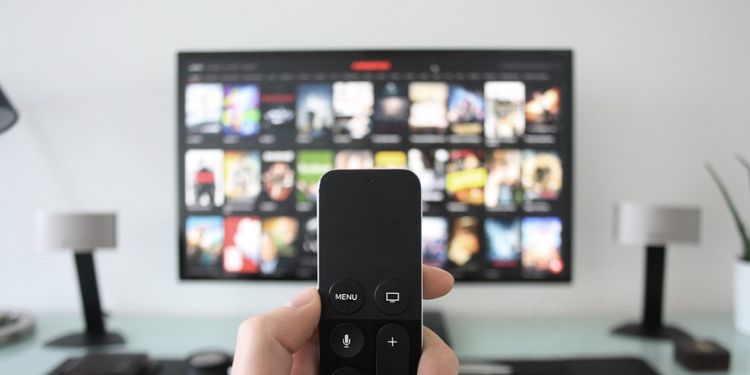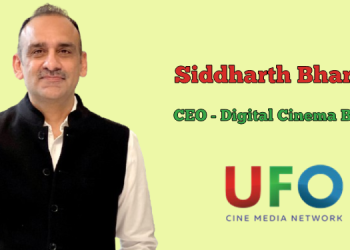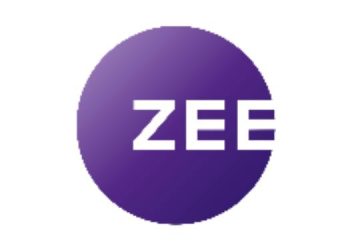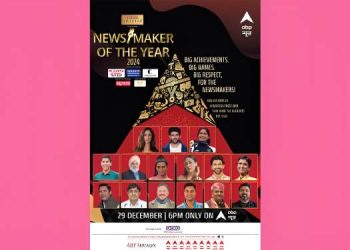The proposed National Broadcast Policy by the government has sparked numerous concerns among stakeholders, who are advocating for creative freedom and an equitable playing field. During an open house discussion hosted by the Telecom Regulatory Authority of India (TRAI) on Wednesday, over 100 participants from various sectors such as broadcasters, cable operators, OTT platforms, DTH providers, broadband companies, and content producers voiced their apprehensions.
Siddharth Jain, Secretary of IBDF, emphasized the importance of a level playing field for all stakeholders and urged TRAI to prioritize freedom for content creators without imposing undue pressure on broadcasters. He highlighted the need to promote Indian content creation, cautioning against restrictions that could impede freedom of speech and expression. Jain stressed the significance of forbearance not only in economic aspects but also in content creation, discouraging mandates regarding the percentage of Indian actors, for instance.
At the recent discussion, attended by TRAI Chairman AK Lahoti and TRAI Secretary V Raghunandan, Siddharth Jain highlighted a proposal in the policy mandating the airing of Doordarshan content on other platforms.
Jain emphasized the importance of fair competition, questioning whether Doordarshan content should be mandated to run on other platforms. He suggested considering Doordarshan’s role as a public broadcaster and raised concerns about its content being forcibly carried on cable or DTH networks. Jain speculated on the viewership of Doordarshan if it had to charge like other broadcasters, highlighting the need for a nuanced understanding of its position in the broadcasting landscape.
Jain cautioned TRAI against erecting barriers to competition by mandating the carriage of specific services, arguing that such actions would undermine the goal of ensuring a level playing field. Nitin Tej Ahuja, CEO of the Producers Guild of India, echoed Jain’s concerns, emphasizing the importance of respecting the industry and granting content creators freedom without the threat of legal action. Ahuja pointed out that quality content doesn’t always align with moral standards, citing examples like “Parasite,” an Oscar-winning film, and “Squid Game,” a popular show in India, as evidence.
Various stakeholders emphasized the importance of creating a safe environment for content creators to explore the boundaries of art freely, noting that such creative freedom is what garners respect globally. Ravi Gandhi, President and Chief of Public Policy and Regulatory at Jio, suggested that the regulator should advise the Ministry of Information and Broadcasting on methods to attract private investment into the sector while safeguarding existing investments.
Opinions differ among broadcasters regarding the use of multiple ratings agencies:
At the TRAI open house on the National Broadcast Policy, IBDF expressed concerns that increasing the number of rating agencies would weaken their credibility, while representatives from news and digital sectors highlighted concerns about accuracy and advocated for more competition in the ratings industry. On the other hand senior executives representing industry stakeholders were divided while expressing their opinion. While some broadcasters voted in favor of BARC’s accuracy others were welcoming competition and stressed the need for a larger meter size to measure the robust volume of TV homes in our country.
After analyzing the inputs, TRAI is expected to forward its recommendations to the I&B ministry by the end of this month.

















